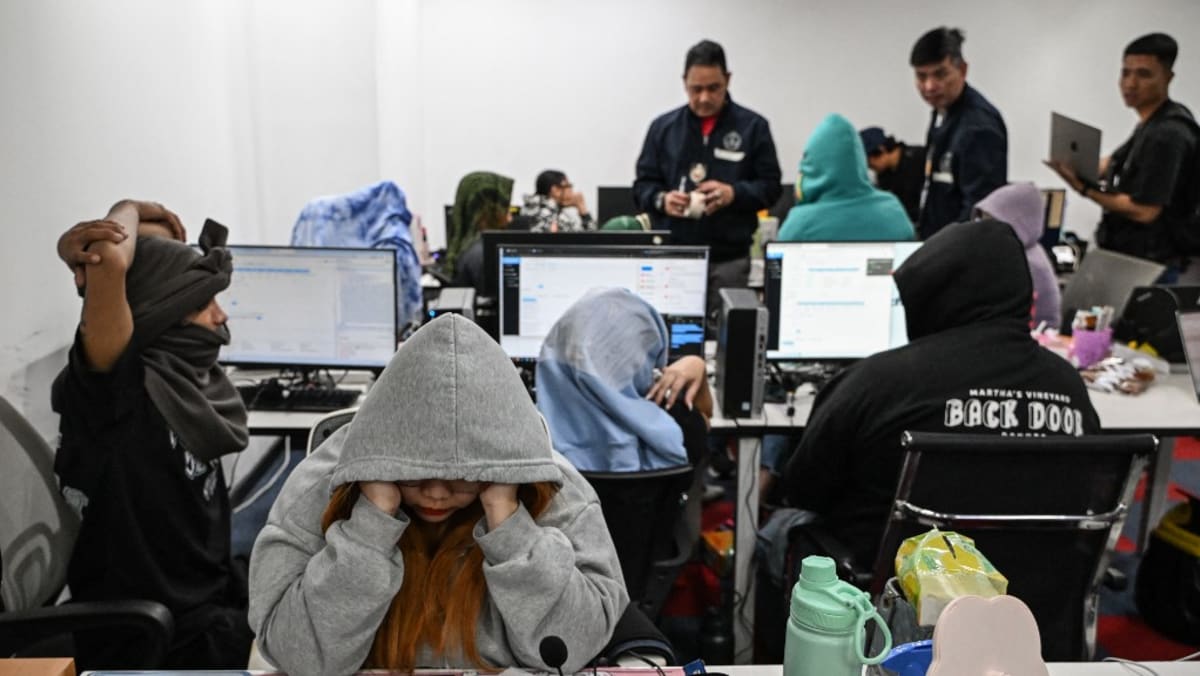In the latest sign that Syria and Turkey could be headed for reconciliation and normalized ties, a Syrian official gave an interview to Al-Ain media in the UAE in which he discussed the determinants of normalization with Turkey. “Is a positive breakthrough in Syrian-Turkish relations imminent,” the report asked.
This comes after reports over the weekend that Turkey’s President Recep Tayyip Erodgan expressed interest in meeting Syrian regime leader Bashar al-Assad. Reuters reported that Erdogan said he would extend an invitation to Assad at “any time.”
The reported noted that Turkey’s leader said “we will extend our invitation (to Assad); with this invitation, we want to restore Turkey-Syria relations to the same level as in the past. Our invitation may be extended at any time,” Erdogan said.
The rumors of Ankara-Damascus rapprochement have caused anger in Turkish-occupied areas of northern Syria.
Turkey had been backing the Syrian rebels during the civil war in Syria and Turkey hosts millions of Syrian refugees.However, Turkey’s involvement in Syria is more historic and complex. Modern Turkey, for instance, annexed the former Syrian region of the Sanjak of Alexandretta, what is now Hatay province in 1939. Turkey also pushed the Adana agreement on Syria in 1988 aimed at getting Syria to expel the Kurdistan Workers Party (PKK).
Ankara’s policy was in support of Syrian opposition
Ankara’s policy in the Syrian civil war was ostensibly in support of the Syrian opposition. However, Turkey opened its borders to foreign fighters who went to Turkey in 2012 and 2013 and fueled extremist groups, including ISIS.
ISIS caused the international community to reduce support for the rebels and shift focus to helping groups fighting ISIS, such as the Kurdish YPG. Turkey then shifted policy in Syria, pushing the mostly Arab Syrian rebels to fight the Kurds. This culminated in Turkey’s invasion of Afrin and expulsion of 150,000 Kurds in 2018. Turkey then occupied the border area of Serekaniya in 2019.Today Turkey’s government is open to a new era of ties with Syria. Syria likely wants Turkey to leave areas in northern Syria. These areas have now been out of the control of Damascus for more than a decade. Other issues affect Turkey’s policy. Anti-Syrian riots have taken place in Turkey.
In northern Syria’s Idlib and Afrin the former Syrian rebel groups are angry about treatment of Syrians in Turkey. Some people took matters into their own hands and ripped down Turkish flags. Turkey’s state broadcaster TRT then paraded a few of these men on television forcing them to apologize, and appearing to show Ankara had kidnapped them from Syria. This crisis likely points to a slow end of the warm ties between Ankara and the areas it occupies in Syria. Anti-Syrian racism is increasing in Turkey.Abdulkader Azzouz, an adviser to the Syrian prime minister, spoke to al-Ain media in the UAE about the path forward in Syria-Turkey ties. This is important because the Syrian regime sees ties in the Gulf as important. The Syrian regime does not often grant interviews and its statements are not always much more than the usual propaganda one gets from a regime deeply rooted in Ba’ath party authoritarianism.
“Recently, Turkish-Syrian statements reflected the two countries’ readiness to turn the page on their deep differences and to break through the current situation to achieve rapprochement between Ankara and Damascus,” the report.Azzouz said that the “future of relations and reconciliation efforts between Syria and Turkey depends on the Turkish side, and its commitment to international resolutions, principles of international law, and good neighborly relations, which is the key to continuing the reconciliation steps and efforts.”
He noted that Damascus “supports all initiatives related to reconciliation efforts with Turkey, based on the state’s sovereignty over all its territories on the one hand, and combating all forms of terrorism and its organizations on the other hand, and these initiatives reflect the will of the concerned countries to establish stability in Syria and the region.”
He also said Syria’s state institutions must be able to return to places in Syria that are controlled by outsiders, clearly a reference to Idlib, Afrin and other areas. The US-backed SDF also controls eastern Syria. There is a proposal for Iraq to play a mediator role.
Iraq did the same thing prior to Saudi-Iran reconciliation. “Syria and Iraq have been greatly affected by the state of instability. The opportunities, challenges and threats are common to all regional neighboring countries, hence the Iraqi side’s keenness to launch an initiative for reconciliation between Turkey and Syria,” the Syrian official said.Syria appears to want to move forward with reconciliation with Turkey. There is “extensive discussion,” the article said. The Syrian official blamed the Turkish “opposition” for recent attacks on Syrians in Turkey. Syria is a close ally of Russia and Turkey also works closely with Moscow.
Turkey, Russia and Iran all support Hamas. Syria is a staunch opponent of Israel and Iran uses Syria to move weapons to Hezbollah in Lebanon. Therefore it is plausible that Turkey-Syria reconciliation could also come at the expense of Israel, because it could be seen as a way for Iran to use this to unite more arenas against Israel.







